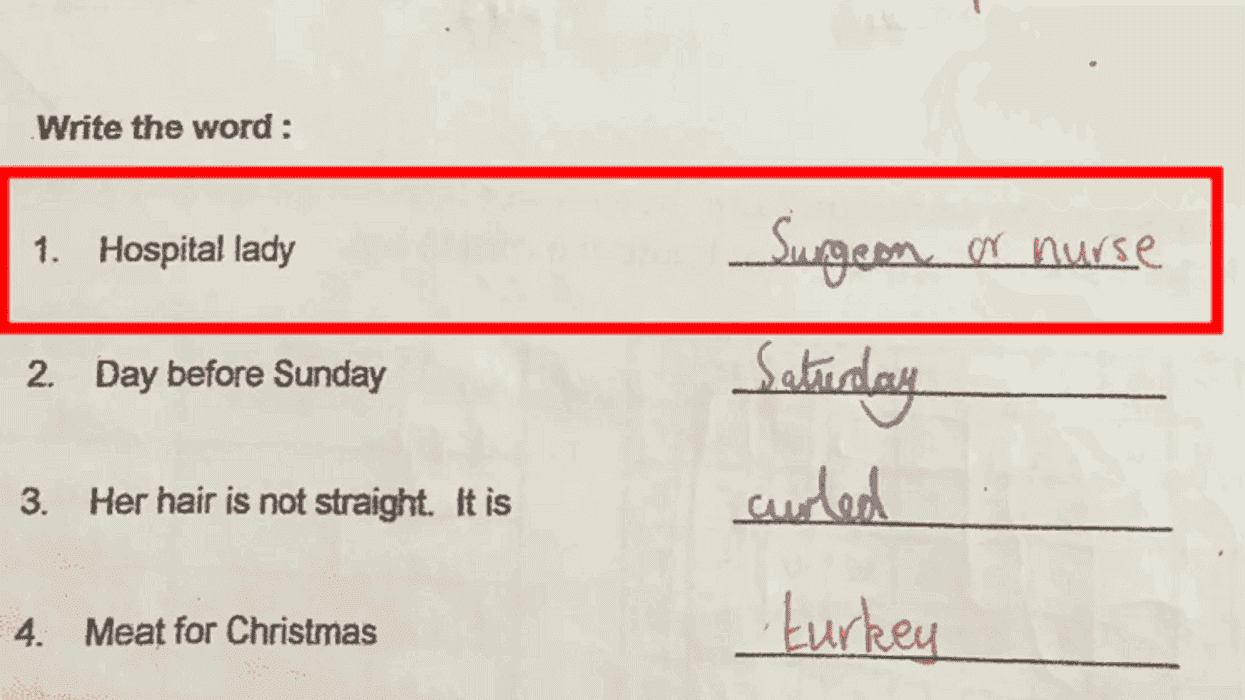“Sticks and stones may break my bones, but that talk don’t bother me,” Jackie Shane sang on her 1963 cover single “Sticks and Stones.” In some ways, the words would define aspects of Shane’s life as she became an early transgender R&B icon. By the time she had over a decade of music industry prowess under her belt, however, she mysteriously disappeared from the public eye in 1971.
Almost 50 years after that, in 2017, she reappeared with an anthology of her work named after another 1963 hit, Any Other Way–it was then nominated for a Grammy for Best Historical Album, an award that’s not given to an artist but to an album’s production team. At that point, she gave one of her first interviews in decades to the Associated Press, which in part explained her absence but also cemented her as an influential musical pioneer.
Born in Nashville, Tennessee in 1940, Shane knew she was trans as a young child, and grew up with a supportive mother and community. Most of the ire she did experience came from growing up in the Jim Crow South, and she sought to skip town as soon as she could. This led her north eventually, but not before she got involved in Nashville’s mighty music scene as a session and touring drummer for the likes of R&B great Jackie Wilson. Not only that, AP reported, she had known the venerable Little Richard since childhood and met Jimi Hendrix while he was playing music in the city.
After Nashville, Shane eventually made her way to Toronto where she’d become a star and contribute to what became known as the “Toronto Sound,” which developed in the city’s fresh R&B scene. She had, according to NBC News, a successful career as a singer that reached one of many peaks with the success of the single “Any Other Way,” which rose to the second spot on Canada’s Pop charts. She also appeared on Nashville’s live music program “Night Train” in 1965. “Her enigmatic presentation, her undeniable talent, and the support of the music community allowed her to flourish in Toronto,” wrote AllMusic.com’s Timothy Monger. “No one in 1960s Canada had seen or heard anything like Shane.”
Wherever she went, Shane also appeared as herself–eyes darkened with liner into cat eyes, sequins, chic suits, and claimed to have brought some 20 trunks with her when she traveled. Many thought she was a lesbian, she said. As is often noted, this was a time when many people wouldn’t have known what “transgender” meant, as AP writes, and being a gender nonconforming person in the public eye was practically unheard of. Jackie was resolutely herself anyway.
Shortly after “Night Train,” The Ed Sullivan Show came calling, but to appear they said she’d have to dress as a man. “‘I said: ‘Please stuff it,’” she said, as The Guardian reported in 2019. “Ed Sullivan looks like something Dr Frankenstein had a hand in. He’s going to tell me what to do?”
And while Shane recorded at least enough music to eventually produce that 2017 anthology, she said recording was mostly not her biggest interest–she turned down offers from acclaimed studios like Motown and Atlantic, and even an offer to record with George Clinton–and many of her songs were recorded in front of a live audience, The Guardian shared. You can still listen to them on YouTube and Spotify.
By 1971, however, the pressure of making music started to get to Shane and felt her mother needed her. She left her beloved Toronto for Nashville, almost without a trace. Some even thought she had been murdered. She was found again, at least as far as the public eye was concerned, in 2014. Numero Group, known for their archival releases, sought Shane out, asking to re-release her work, and she eventually consented. The rest of the world would follow. Unfortunately, Shane wasn’t able to perform live again after the album’s release, the Guardian shared. She passed away in 2019, but her legacy lives on.
Not only does Shane regularly appear as the subject of numerous podcasts, articles, and short documentaries, she was also the subject of a 2024 documentary feature named after her most famous song, Any Other Way: The Jackie Shane Story, which was co-produced by Elliot Page. It was an official selection for the Toronto International Film Festival and DOC NYC, and a winner of the Best Documentary at the OUTShine LGBTQ+ Film Festival, among other accolades. As of 2024, there’s also a historical marker in Nashville, designating the location of Shane’s musical beginnings. This is in addition to a preexisting plaque in Toronto as of 2023 at the site of Shane’s live album recording.
Jackie Shane was powerfully and unapologetically herself as a transgender woman in a time when doing so was rare and could even be dangerous. It’s because of people like her that we have an understanding of the longstanding role of transgender Americans throughout the country’s history and Canada’s history, a history that can’t and won’t be erased.





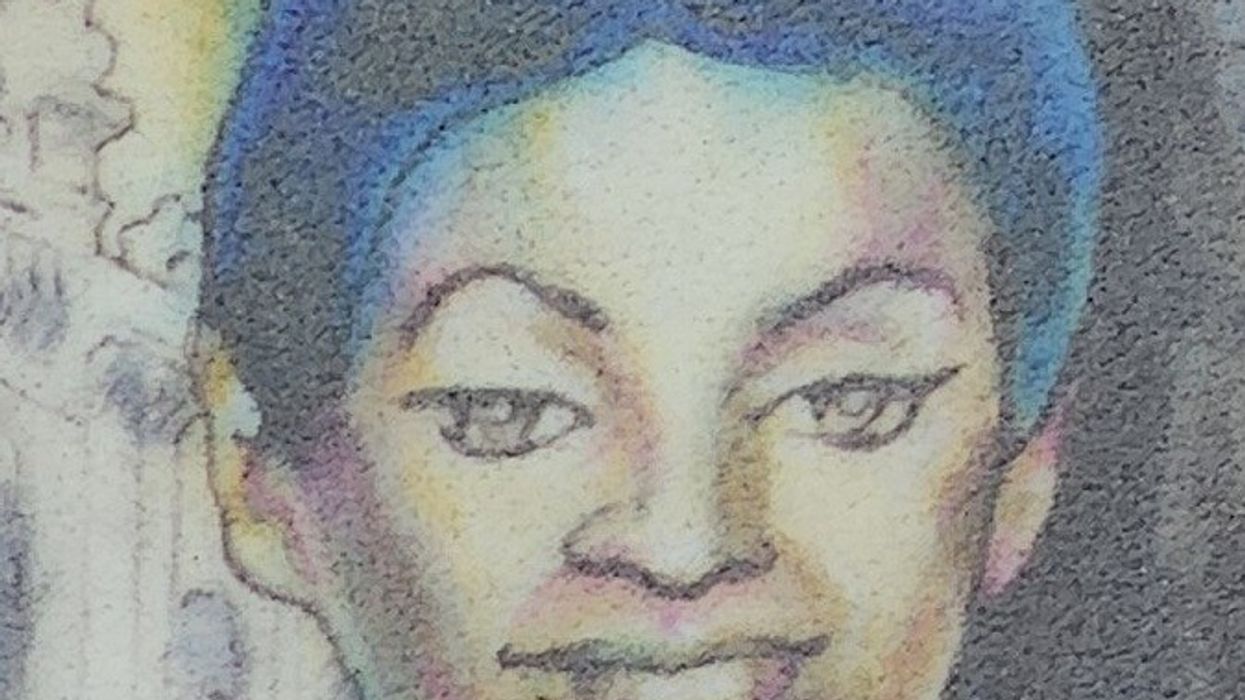


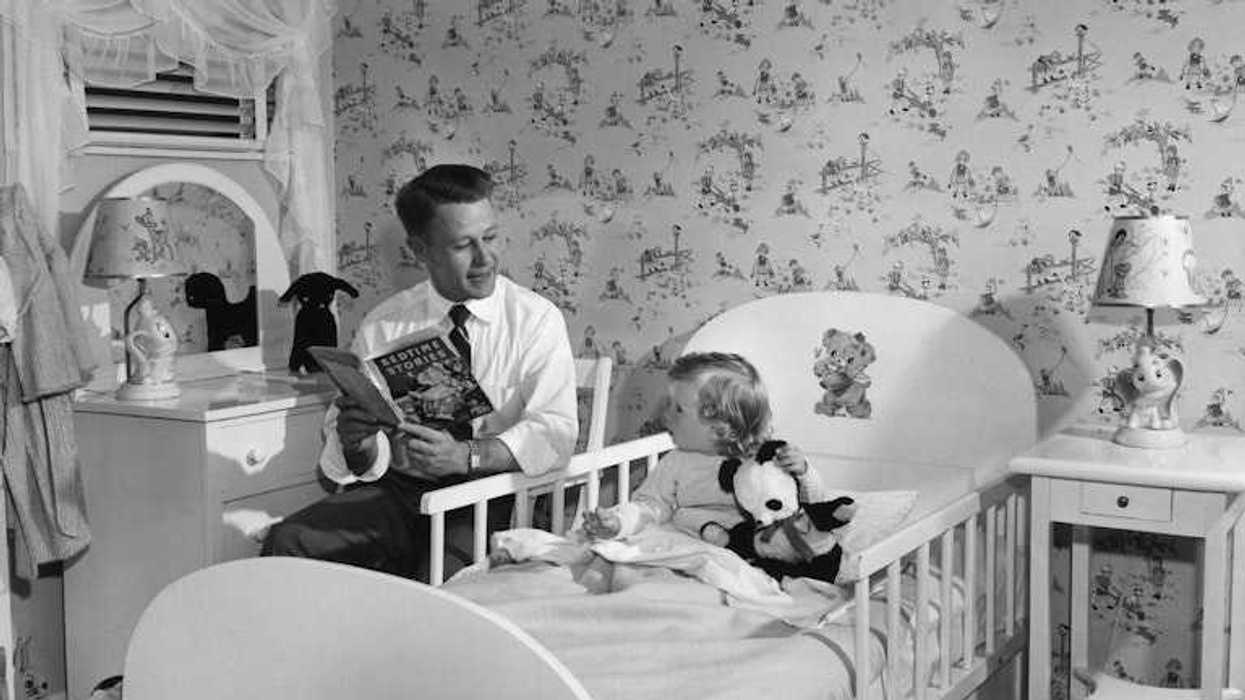









 A woman scrolls through a dating appCanva
A woman scrolls through a dating appCanva
 A home pregnancy test Canva
A home pregnancy test Canva
 Openly choosing the one you like best can help break down stigmas.
Openly choosing the one you like best can help break down stigmas.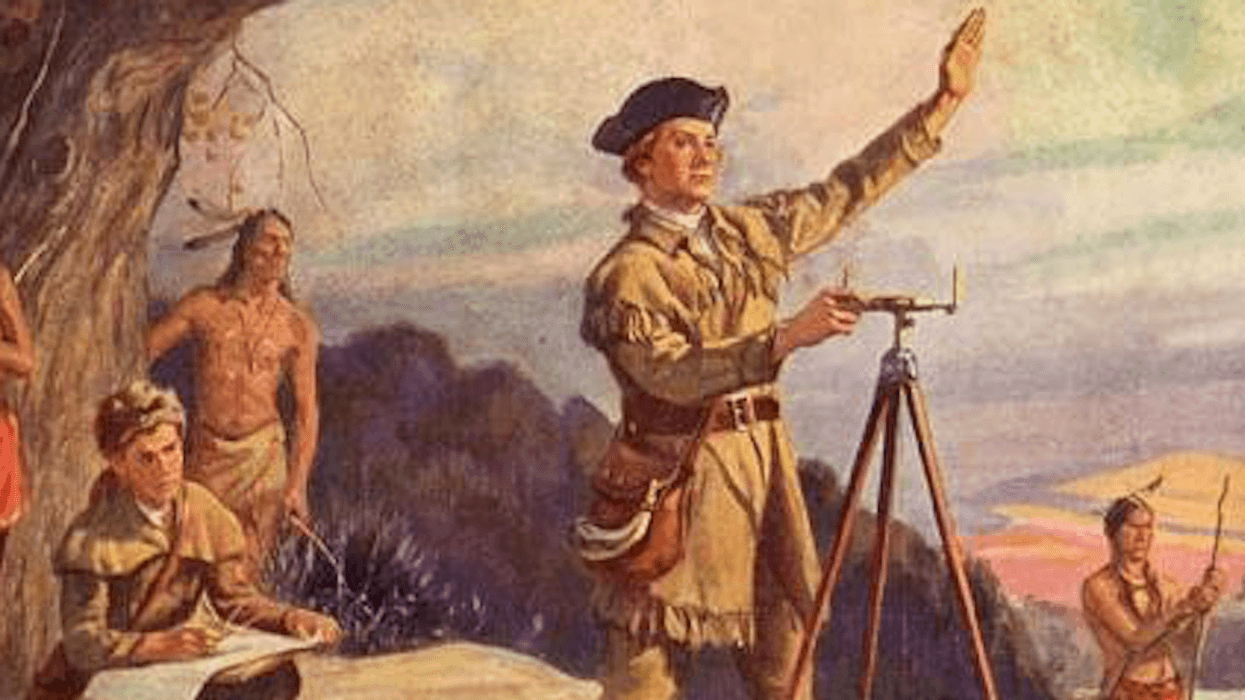
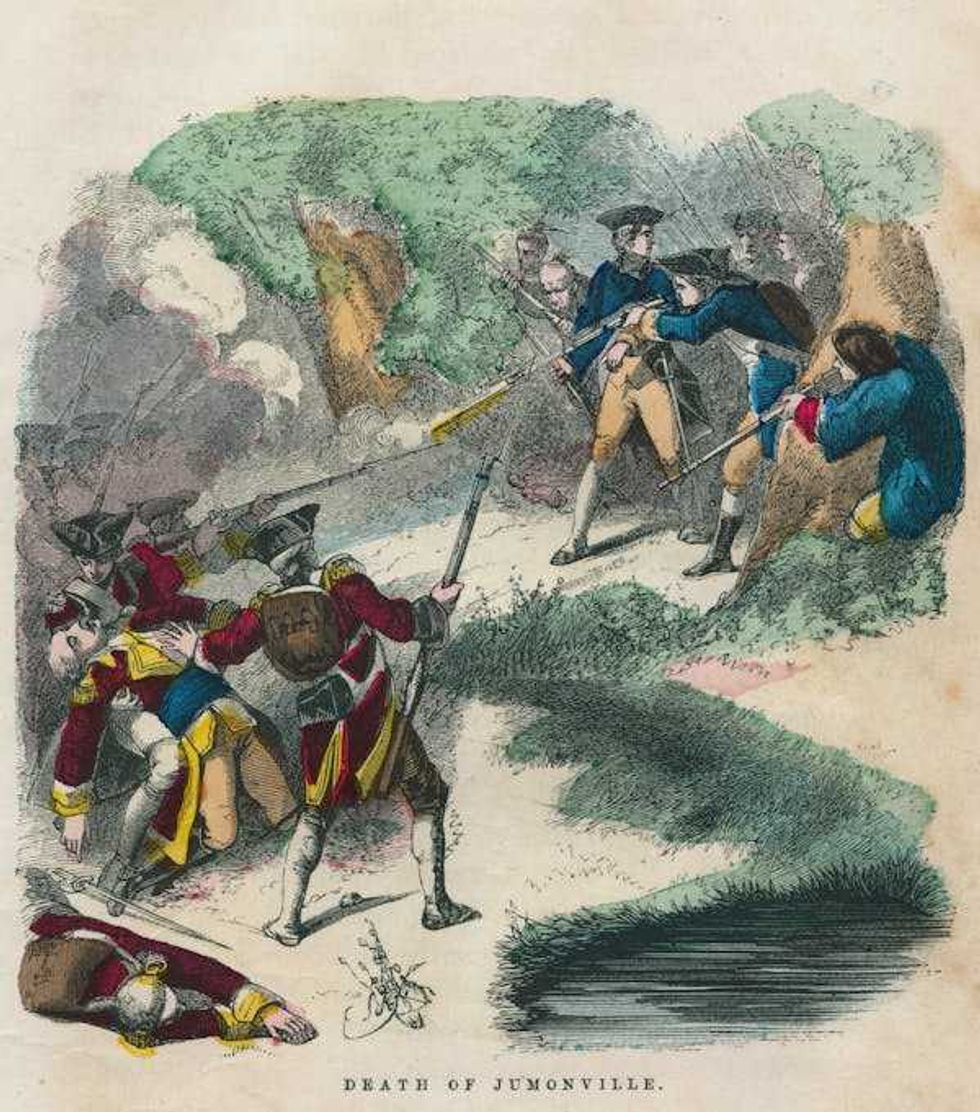 The Jumonville affair became the opening battle of the French and Indian War.
The Jumonville affair became the opening battle of the French and Indian War.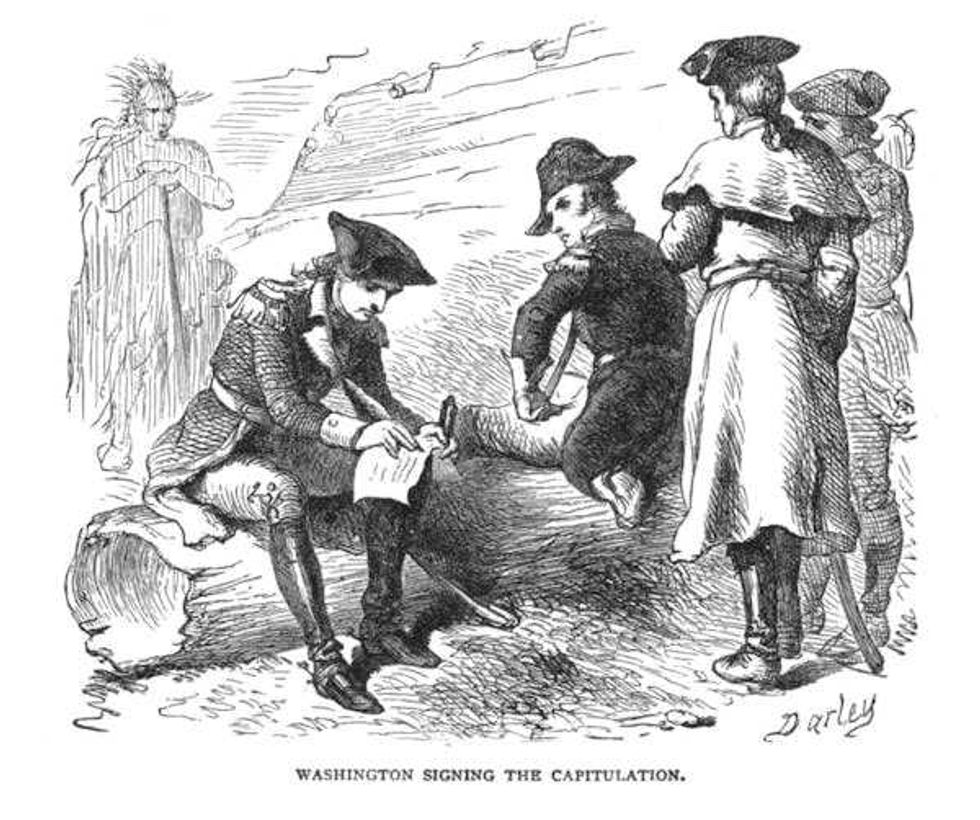 Washington was outnumbered and outmaneuvered at Fort Necessity.
Washington was outnumbered and outmaneuvered at Fort Necessity. A log cabin used to protect the perishable supplies still stands at Fort Necessity today.
A log cabin used to protect the perishable supplies still stands at Fort Necessity today.

 A young woman scrolling on her phoneCanva
A young woman scrolling on her phoneCanva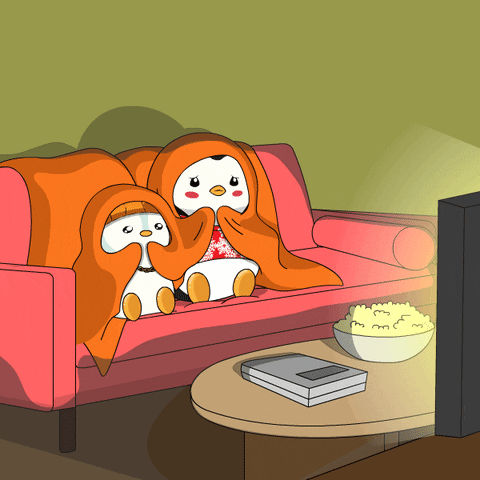 Gig of two cartoon penguins watching TV via
Gig of two cartoon penguins watching TV via  Gif of a storm trooper flipping through sings that say 'no' via
Gif of a storm trooper flipping through sings that say 'no' via 